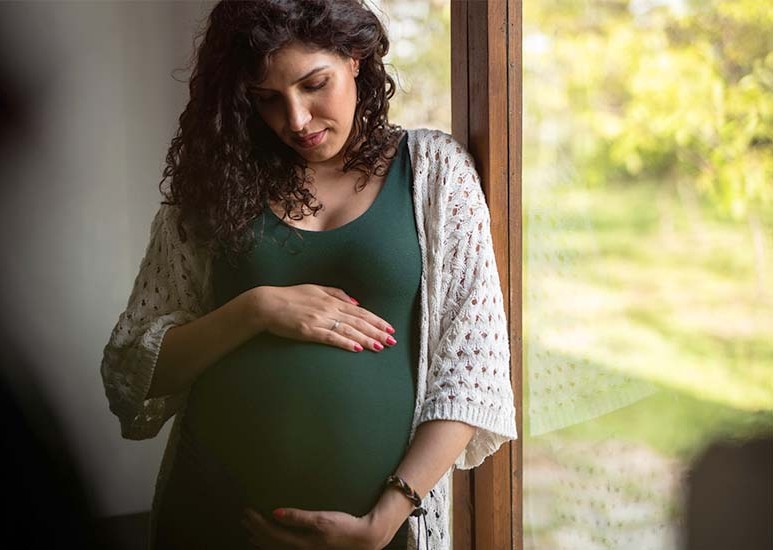Researchers have now claimed that pregnant women, who test positive for COVID-19, their newborn babies have a low risk of developing severe symptoms.
The study, published in the journal JAMA Network Open, shows that 95 per cent of women who tested positive for COVID-19 during pregnancy had no adverse outcomes.
Additionally, the study found that the virus was transmitted to the fetus in just three per cent of the cases.
“Our findings are that approximately five percent of all delivered women with COVID-19 infection develop a severe or critical illness,” said study author Emily Adhikari from the UT Southwestern Medical Centre in the US.
“Most women with the asymptomatic or mild infection will be relieved to know that their babies are unlikely to be affected by the virus,” Adhikari added.
For the findings, the research team followed 3,374 mothers, 252 of whom tested positive for the virus during pregnancy, from March through August.
Among the 252 women who tested positive, 95 per cent were asymptomatic or had mild symptoms at first. Six of those women subsequently developed severe or critical COVID-19 pneumonia.
Comparing mothers with and without COVID-19 diagnosed at any time during pregnancy, the COVID-19 virus did not increase the risk of adverse outcomes, including preterm birth, preeclampsia with severe features, or cesarean delivery for abnormal fetal heart rate.
However, preterm birth was increased among mothers who developed severe or critical illness before reaching 37 weeks in their pregnancy, and it’s hard to predict who that will be.
The study found that diabetes may be one factor that increases the risk of severe or critical maternal illness.
The researchers noted that further study is needed to understand whether maternal infection with COVID-19 impacts long-term maternal or infant health.
“Our goal is to develop evidence-based guidelines for the majority of pregnant women who are recovering at home,” Adhikari said.
IANS

